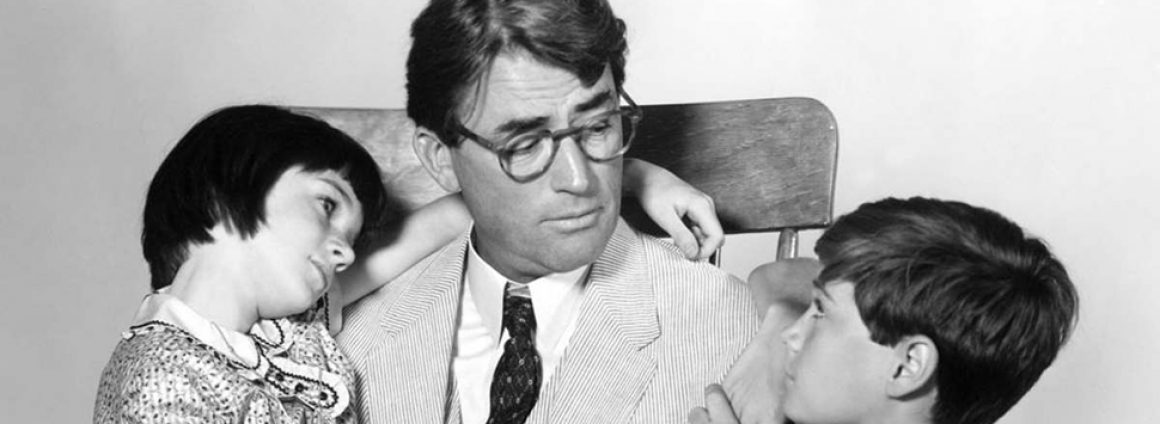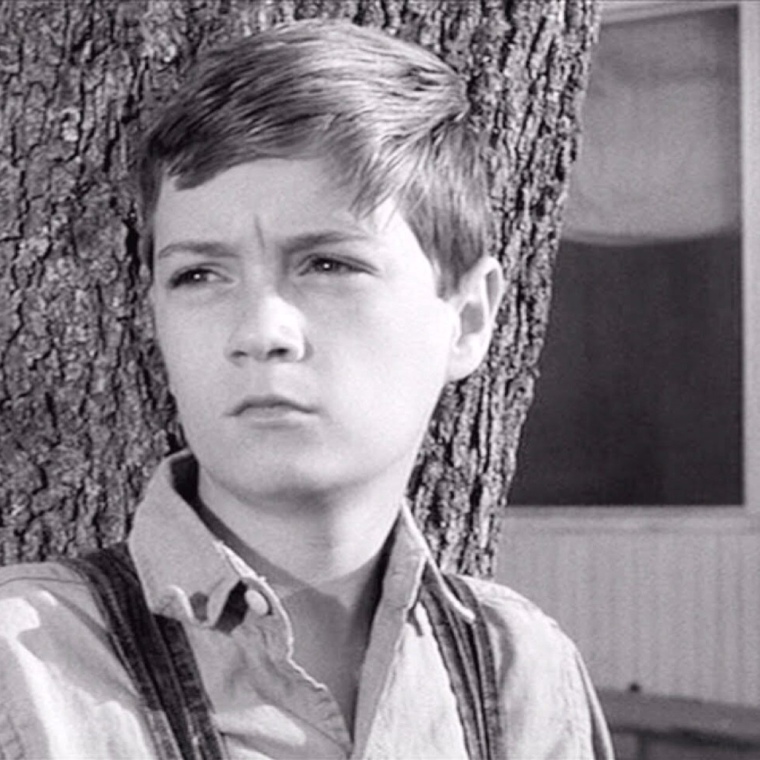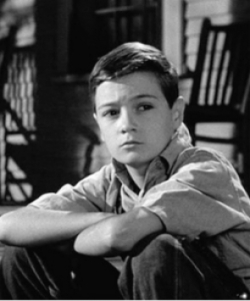
Before reading the book:
I think someone can be guilty and innocent at the same time because they might be guilty in the eyes of people but innocent in reality. This happens when people get blamed for something they haven’t done. For example, someone blaming another for doing something wrong. The blamed person is considered guilty in the eyes of the blamer but innocent if he didn’t actually do anything wrong.
During the reading of the book:
In the novel To Kill a Mockingbird Tom Robinson is guilty in the eyes of the white people but innocent in reality because he didn’t actually rape Mayella. However, nobody believes him.
” ‘Scared of arrest, scared you’d have to face up to what you did?’
‘No suh, scared I’d hafta face up to what I didn’t do.’ ” (Lee 265)
This quote shows how the judges immediately assume he is guilty just because he is of a different color. In reality, however, he is innocent but nobody will believe him.
” ‘Now don’t you be so confident, Mr. Jem, I ain’t ever seen any jury decide in favor of a colored man over a a white man….’ ” (Lee 279)
Reverend Sykes knows for sure that there is no chance for Tom Robinson because the judges always take the whites’ side. This shows how much racism and prejudice there is in the town. Even when he is innocent, he will always be guilty in the eyes of the white men.
“It was Jem’s turn to cry. His face was streaked with angry tears as we made our way through the cheerful crowd. ‘It ain’t right,’ he muttered, all the way to the corner of the square where we found Atticus waiting.” (Lee 284)
This quote took place after the trial. Tom Robinson was considered guilty. Even after the whole entire speech Atticus had given, not one single white man thought that Tom Robinson was innocent. He was guilty in the eyes of the whites but innocent in reality.
An article named Innocent but Guilty talks about a few men who had served in prison for many years only to be found innocent in the end. An example is a man named Fred Steese. He spent two decades in a Nevada prison for murder. However, closer inspection in the case led to new evidence. They found out that Fred Steese was hundreds of miles away from the place of the crime so he couldn’t have been the killer. So, they took the case to court all over again. So, poor inspection in the beginning led to wasting twenty years in prison.
After reading the book:
After reading the book, I have come to the conclusion that being guilty and innocent at the same time is possible. It is possible because you can be guilty in the eyes of the court and the people even though you are innocent. This type of issue still happens in our world today. Many people are accused of being guilty because of the lack of strong evidence.
Written by: Layal Fateh






 n how others view you.
n how others view you. Many times, when we lose our innocence, we are learning about something we didn’t know before. Before reading the book, I honestly thought that these two topics had nothing to with each other. After reading the book, I realized that it had so much to do with each other. Since the book is in the eyes of Scout, we get to see her journey of losing innocence the most. A scene that pops into my head when I think of gaining knowledge and losing innocence is when Scout is introduced to what the word “rape” means. She firsts asks Calpurnia, but Calpurnia directs Scout to her father, because she probably doesn’t want to say something wrong and have Scout take it a different way. When she asked Atticus, he said “rape was carnal knowledge of a female by force and without consent.” At this moment, we experience Scout losing her innocence. She now knows what’s wrong with rape and why the Tom Robinson case is so big and important.
Many times, when we lose our innocence, we are learning about something we didn’t know before. Before reading the book, I honestly thought that these two topics had nothing to with each other. After reading the book, I realized that it had so much to do with each other. Since the book is in the eyes of Scout, we get to see her journey of losing innocence the most. A scene that pops into my head when I think of gaining knowledge and losing innocence is when Scout is introduced to what the word “rape” means. She firsts asks Calpurnia, but Calpurnia directs Scout to her father, because she probably doesn’t want to say something wrong and have Scout take it a different way. When she asked Atticus, he said “rape was carnal knowledge of a female by force and without consent.” At this moment, we experience Scout losing her innocence. She now knows what’s wrong with rape and why the Tom Robinson case is so big and important.
 Scout says, “One time he said you never really know a man until you stand in his shoes and walk around in them. Just standing on the Radley porch was enough.” In this quote, she understands why Boo never wanted to come out which leads him to certain reputation
Scout says, “One time he said you never really know a man until you stand in his shoes and walk around in them. Just standing on the Radley porch was enough.” In this quote, she understands why Boo never wanted to come out which leads him to certain reputation That ruins her innocence because she is not her own person anymore; she might be putting herself through extreme measures to try and be some she isn’t. Scout is going through this in the book, with her own personal experiences.
That ruins her innocence because she is not her own person anymore; she might be putting herself through extreme measures to try and be some she isn’t. Scout is going through this in the book, with her own personal experiences. This quote shows that Atticus is tolerant to the idea of Mr. Cunningham paying him with food instead of money when he knows what he’s going through. Atticus’ knowledge of the Cunningham family leads him to tolerate the way they are paying him.
This quote shows that Atticus is tolerant to the idea of Mr. Cunningham paying him with food instead of money when he knows what he’s going through. Atticus’ knowledge of the Cunningham family leads him to tolerate the way they are paying him. Another example of knowledge affecting tolerance is when Atticus passes by Mrs. Dubose’s porch and she was being rude to him but he responded by greeting her and wishing her a good afternoon. He also let Jem read to her on her deathbed and thought of her as a brave lady. He knew that she was trying to stop her morphine addiction and Atticus knew it was hard for her
Another example of knowledge affecting tolerance is when Atticus passes by Mrs. Dubose’s porch and she was being rude to him but he responded by greeting her and wishing her a good afternoon. He also let Jem read to her on her deathbed and thought of her as a brave lady. He knew that she was trying to stop her morphine addiction and Atticus knew it was hard for her This data shows that knowledge does affect tolerance. I think that if you know more, then you understand more which can train you to be more tolerant of different groups of people.
This data shows that knowledge does affect tolerance. I think that if you know more, then you understand more which can train you to be more tolerant of different groups of people.